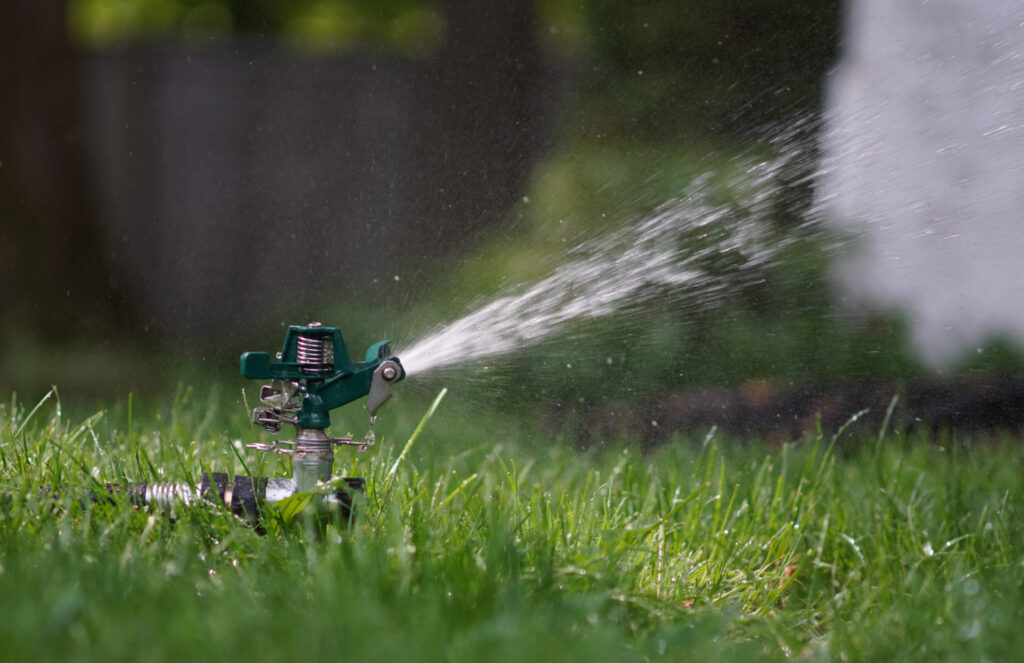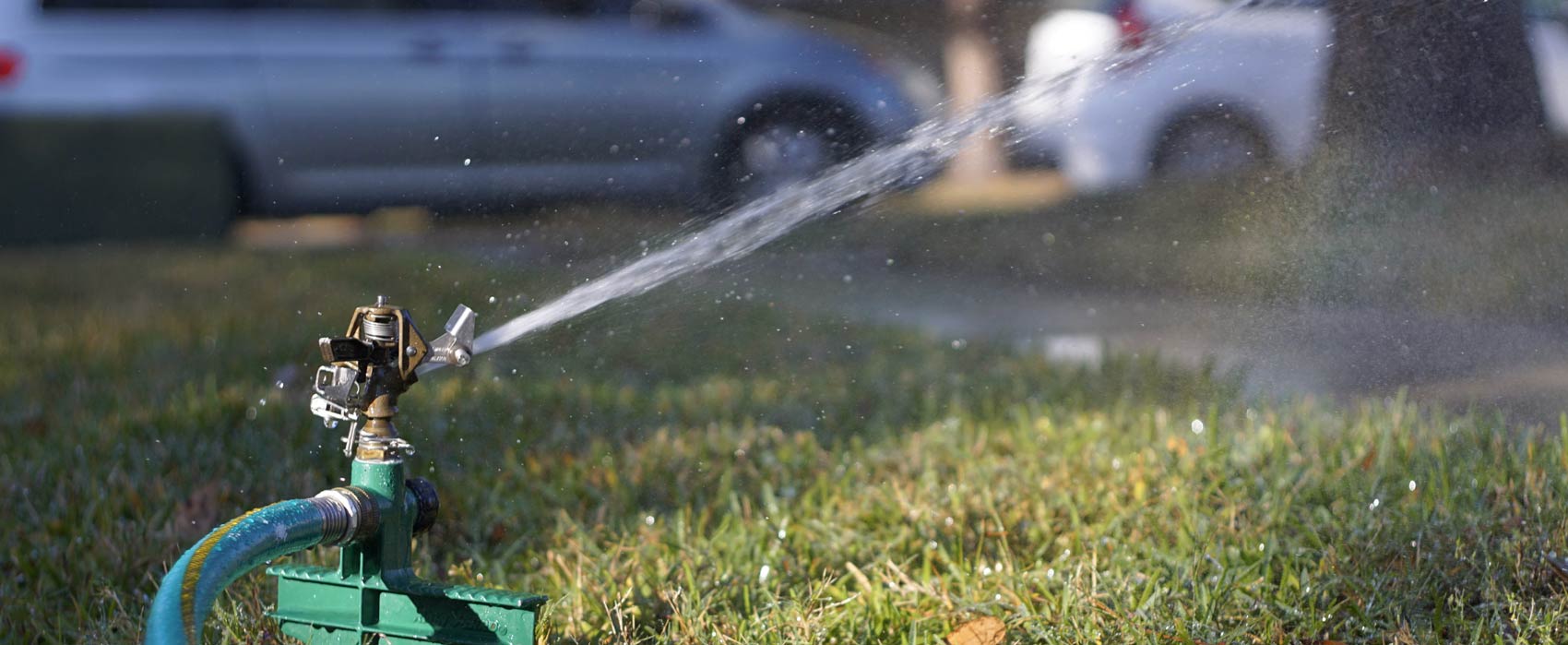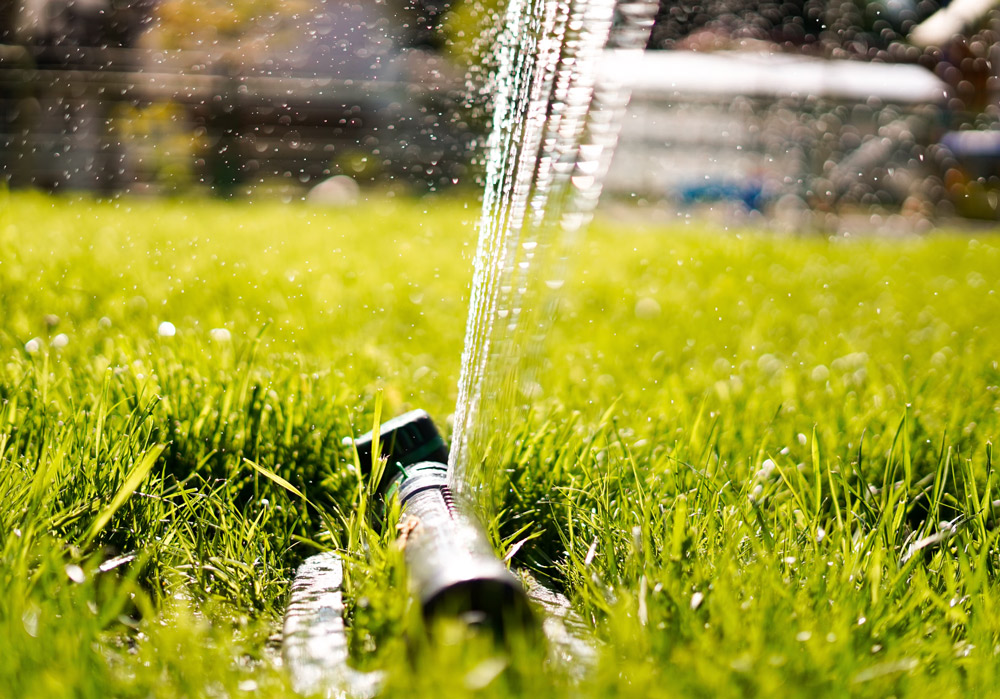Best Ways to Water Your Lawn in Abilene, Texas
Maintaining a lush and healthy lawn in Abilene, Texas, can be challenging due to the region’s high temperatures and severe heat. Proper watering is crucial for keeping your lawn green and vibrant. This blog post will provide you with expert tips on how to water your lawn effectively, covering Bermuda and St. Augustine grasses, which are common in this area.
How much water does a lawn need a day?
Most lawns need about 1 to 1.5 inches of water per week, including rainfall. During peak summer heat, this can increase slightly to maintain the health of the grass. It’s essential to water deeply but infrequently to encourage deep root growth.

How many minutes should I water my lawn?
The number of minutes you should water your lawn depends on your sprinkler system’s output. Typically, you should aim for 20-30 minutes per session, two to three times per week. To determine the exact time, place a few empty tuna cans around your lawn and see how long it takes to fill them up to 1 inch.
How do I calculate how much water I need for my lawn?
To calculate how much water your lawn needs, you can use the following method:
- Measure your lawn’s total square footage.
- Multiply the square footage by the water requirement (in inches) for your grass type.
- Convert the water requirement to gallons by multiplying the result by 0.623.
For example, a 1,000-square-foot lawn needing 1 inch of water per week would require approximately 623 gallons of water weekly.
How many gallons a month to water a lawn?
On average, a lawn requires about 2,500 to 3,000 gallons of water per month. This calculation is based on providing 1 inch of water per week over a month. For precise calculations, consider local rainfall and adjust your watering schedule accordingly.
How many minutes should I water my Bermuda grass?
For Bermuda grass, aim to water for about 30-40 minutes per session, twice a week. Bermuda grass thrives with deep and infrequent watering, promoting stronger roots.
Can you water Bermuda grass too much?
Yes, overwatering Bermuda grass can lead to several problems, including shallow root growth, increased susceptibility to diseases, and poor overall lawn health. It’s essential to monitor the soil moisture and adjust your watering schedule as needed.
What will make my Bermuda grass thicker?
To make your Bermuda grass thicker, follow these tips:
- Water deeply but infrequently.
- Mow regularly, maintaining a height of about 1.5 to 2 inches.
- Fertilize appropriately with a balanced fertilizer.
- Aerate the soil to improve water and nutrient absorption.
What does overwatered Bermuda grass look like?
Overwatered Bermuda grass will appear wilted, yellow, or pale green. The soil may also be soggy and have a spongy feel when walked on. Reducing watering frequency can help recover overwatered Bermuda grass.
How often do you water St. Augustine grass?
St. Augustine grass typically requires watering about twice a week. However, during extreme heat or drought conditions, you might need to water more frequently. Each watering session should deliver about 0.5 to 1 inch of water.
Can you overwater St. Augustine grass?
Yes, overwatering St. Augustine grass can cause similar issues as with Bermuda grass, such as root rot, fungal diseases, and poor growth. It’s crucial to maintain a balanced watering schedule to avoid these problems.
How to keep St. Augustine grass green in summer?
To keep St. Augustine grass green in the summer, follow these tips:
- Water deeply and consistently.
- Mow at the correct height (around 3.5 to 4 inches).
- Apply a high-quality fertilizer.
- Monitor for pests and diseases, treating them promptly.
How much water does my St. Augustine grass need?
St. Augustine grass generally needs about 1 to 1.5 inches of water per week. During the hot summer months, you might need to increase this amount slightly to keep the grass healthy and green.
For more detailed information on maintaining your Bermuda and St. Augustine grass, check out these resources:
By following these expert watering tips, you can ensure your lawn remains healthy and vibrant throughout the year, even in the challenging climate of Abilene, Texas.



